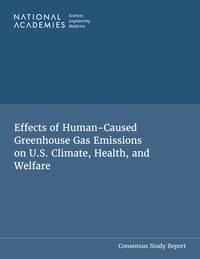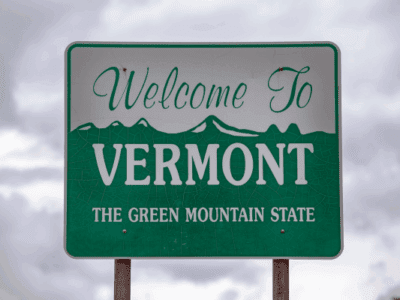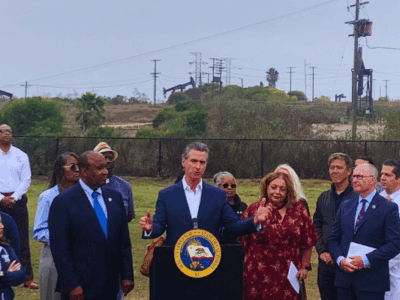California water deal struck (just in time for UCLA event)
After months (years) of negotations, the California legislature has passed what many are calling the most comprehensive California water legislation in half a century. The task was difficult: Figure out a way to fix our ailing Sacramento-San Joaquin delta; address shortfalls in water supply affecting urban, agricultural, and environmental interests; anticipate additional shortfalls and water supply difficulties related to climate change; and do all this in the midst of the state’s historic budget crisis, with little or no money readily available.
The SacBee and the LA Times both have overviews of what made it into the final deal and what didn’t. Apparently the long-controversial “peripheral canal” is made much more likely, but with constraints, and is not mandated. Legislators delegated many difficult tasks to a new state body asked to devise solutions for the Delta. And whether the bill is actually funded and implemented will depend on whether state voters approve a new $11 billion water bond, to be placed on the Nov. 2010 ballot, to fund dams, underground water banking, water recycling, Delta restoration and regional projects.
I can’t help noting the great timing of the deal from UCLA law school’s parochial perspective. Tomorrow (Friday Nov. 6, at 10am), we are hosting a discussion of California’s uncertain future water supply, focusing especially on impacts to southern California land development and water management. Here are details. Come and join us if you’re in town and want to know more about this week’s water deal. Panelists will include Dr. Ellen Hanak of the Public Policy Institute of California; Jeff Kightlinger, General Manager of the Metropolitan Water District; Peter Hsiao, head of Morrison & Foerster’s Land Use and Environmental Law Group in LA; and Mark Gold, President of Heal the Bay.







Reader Comments